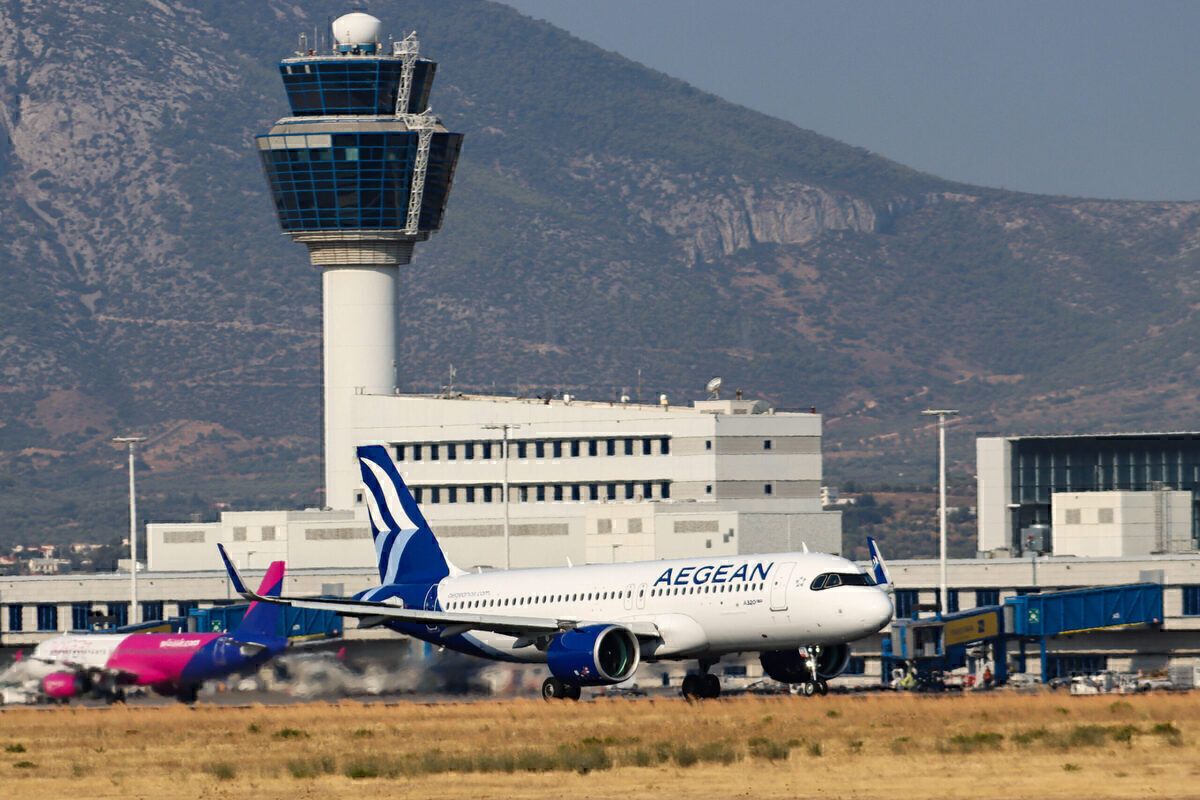Greece has officially extended its tightened travel restrictions until at least February 8th. All international arrivals into Greece now have to take part in a mandatory quarantine period of seven days. Travelers must isolate themselves either at home or at a temporary residence for one week. Passengers will also need to have a negative PCR test before arriving on Greek soil.
Greece has become the latest country to up travel restrictions as a new wave of COVID-19 crosses Europe. Earlier this month, Greece announced new restrictions that were set to last only until midnight last night. Now, these have been extended until February 8th at the earliest.
Anyone arriving on an international flight must present a negative test result before boarding their plane and must isolate upon arrival. Passengers have to indicate the place of their isolation on a Passenger Locator Form and provide contact details.
Stay informed: Sign up for our daily aviation news digest.
Special restrictions for some countries
These procedures were already in place for anyone arriving from the UK, which is currently in the grip of a new variant of the virus. Regardless of citizenship, passengers arriving from the UK must also take a rapid test upon arrival and then take a second PCR test after the 7-day isolation period. That’s a minimum of three tests. If the second test is negative, the isolation period can end; if not, another 14-day quarantine is mandatory.
Greece is also looking to prevent a fresh outbreak of the virus by suspending flights to some destinations. There are no international flights to Greece from Turkey or the Catalonia region of Spain. There are also restrictions on Albania and Northern Macedonia flights and any flights from outside the EU. The exemptions to this rule are United Kingdom, Singapore, Australia, Japan, New Zealand, Rwanda, South Korea, Thailand, the United Arab Emirates, the Russian Federation, and Israel.
A vaccine passport
The news of the extension to the travel restrictions comes the same day the Greek Prime Minister Kyriakos Mitsotakis called for an EU-coordinated plan for vaccination. In an opinion piece written by the Prime Minister himself and published on Euractiv.com, Mitsotakis said
“Through the EU wide introduction of an agreed and standardized digital vaccine certificate template we can quickly open up again, reviving tourism and recreation, and allowing our citizens to move freely and without restrictions from country to country. I will be advocating for such an arrangement at this week’s European Council meeting.”
If the EU did implement a vaccine certificate that allowed vaccinated people to move freely between countries without testing or quarantining, we could see intra-Europe travel open up within the next few months. Mitsotakis said those who want to travel without being vaccinated could do so but would have to abide by restrictions.
Passengers traveling with a vaccine certificate would effectively be given a fast-track pass to avoid airport testing, filling in passenger locator forms, and would not need to quarantine. For many countries, this is an attractive option as this would encourage tourism, which is a vital part of many economies, particularly during the summer months.
What do you think of a vaccine certificate? Should this be adopted by the EU? We’d love to know what you think, so drop us a comment and let us know.



